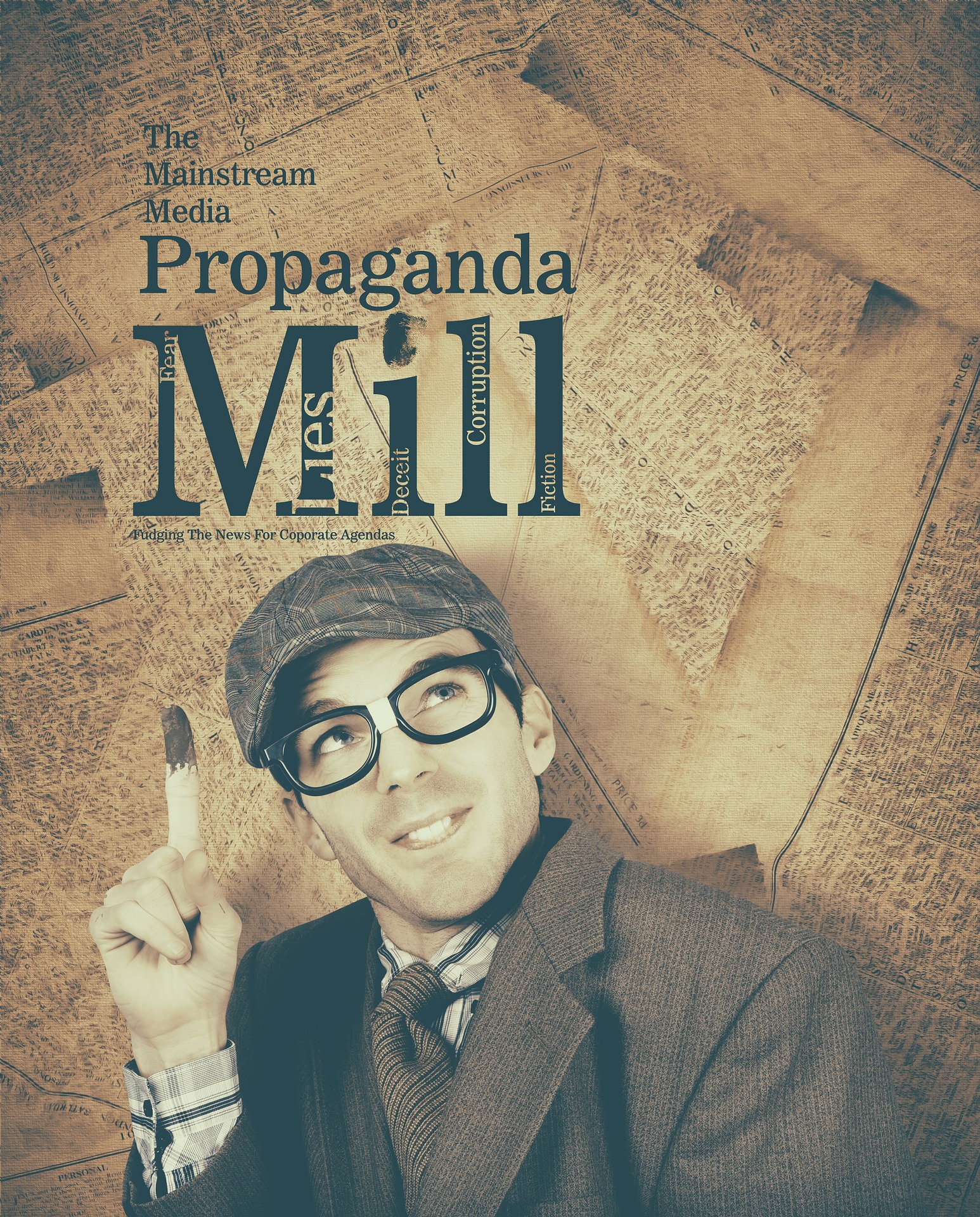 Submitted by Glorious Bastard on
Submitted by Glorious Bastard on

pixabay.com
Even when we know better, we often rely on inaccurate or misleading information to make future decisions. But why are we so easily influenced by false statements such as “vaccinations cause autism” or “30 million illegal immigrants live in the U.S.?”
In a new review of existing research, psychological scientist David Rapp (Northwestern University) explains that people encode the inaccurate statements into memory because it’s easier than critically evaluating and analyzing what they’ve heard.
Later, the incorrect information is recalled first because it’s less work to retrieve recently presented material, Rapp said. “If it’s available, people tend to think they can rely on it. But just because you can remember what someone said, doesn’t make it true.”
It’s even harder to avoid relying on misinformation when accurate and inaccurate information is mixed together, said Rapp, the Charles Deering McCormick Professor of Teaching Excellence at the School of Education and Social Policy and a professor the department of psychology at the Weinberg College of Arts and Sciences.
“We’re bombarded with tons of information all day; it’s a nightmare to critically evaluate all of it,” said Rapp.
“We often assume sources are reliable. It’s not that people are lazy, though that could certainly contribute to the problem. It’s the computational task of evaluating everything that is arduous and difficult, as we attempt to preserve resources for when we really need them.”
In the political arena, “many candidates present information that’s just patently wrong, they haven’t thought about it or researched it,” Rapp said. “Then you go on Facebook and see ‘friends’ presenting the incorrect information.”
In his review, published in the journal Current Directions in Psychological Science, Rapp outlines several ways to avoid falling into the misinformation trap:
- Critically evaluate information right away. That may help prevent your brain from storing the wrong information. “You want to avoid encoding those potentially problematic memories,” Rapp said.
- Consider the source: People are more likely to use inaccurate information from a credible source than from an unreliable source, according to Rapp’s previous research. “At this point, it’s even clear to Donald Trump’s proponents that his words are often nonsensical,” Rapp said. “But his strong supporters who want him to be right will do less work to evaluate his statements.”
- Beware of truthy falsehoods. “When the truth is mixed with inaccurate statements, people are persuaded, fooled and less evaluative, which prevents them from noticing and rejecting the inaccurate ideas,” Rapp said.
*Post note: In my own research of falling prey to misinformation, I discovered that believe it or not, metaphysicians worth their salt are the least likely to fall into the misinformation trap. This is mostly because they have been forced to discern spiritual truths and falsehoods and well as down right lies for years during their studies and life/people observations. They also have no problems calling anyone on the BS they are trying to spew or cover over with other types of behaviors.
Of those I spoke to, most felt the general public is not too stupid but just too lazy to to any type of research and comparison studies. The smart ones look for results and can all the rhetoric that assaults the air waves and media everyday. Maybe that's simply called "letting it be."
Rather wise methinks...
- 817 reads